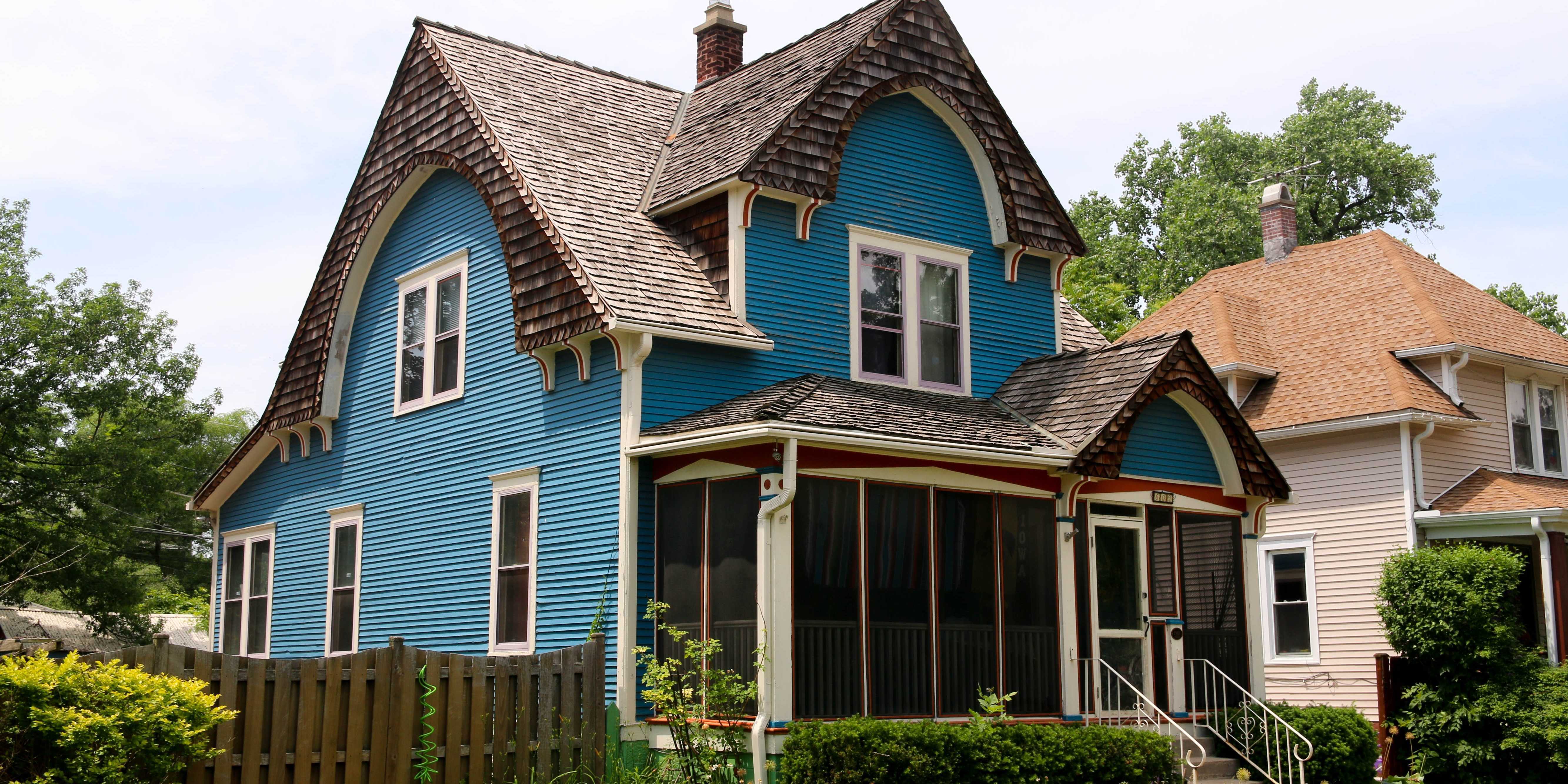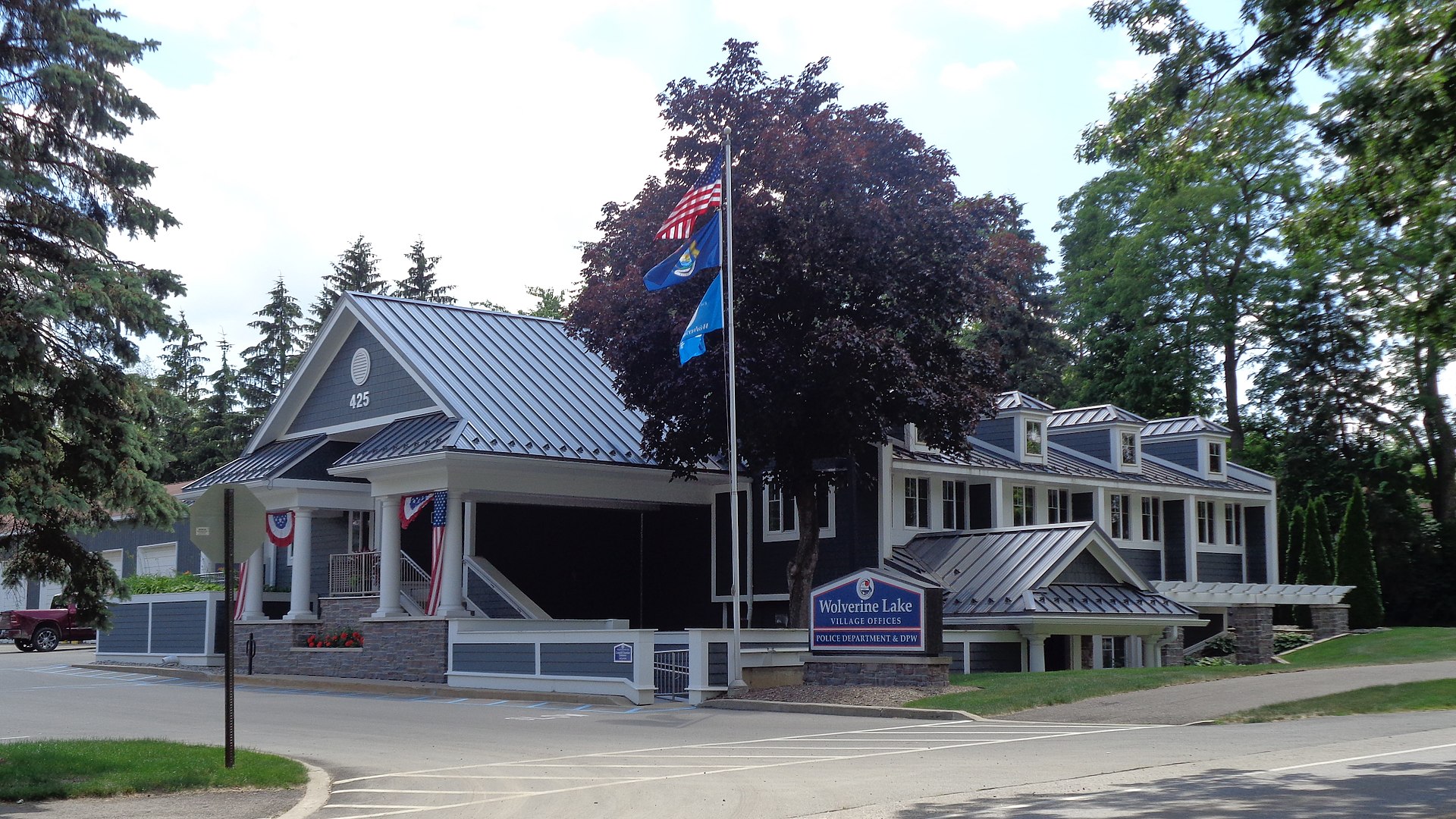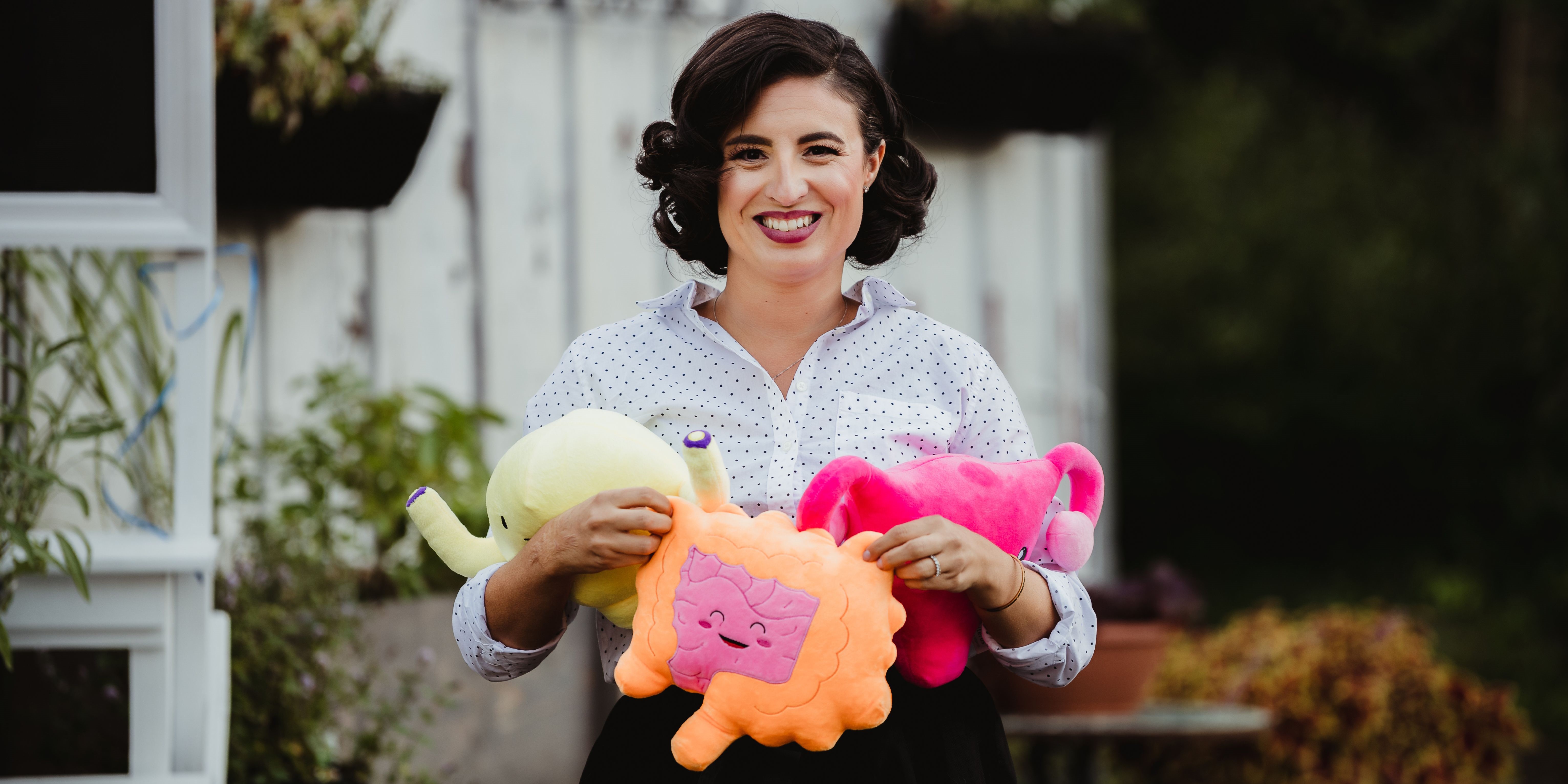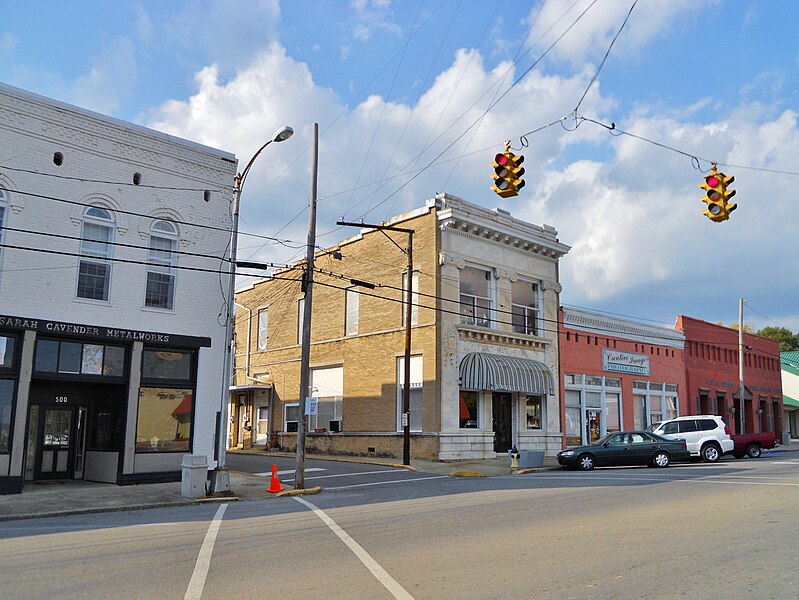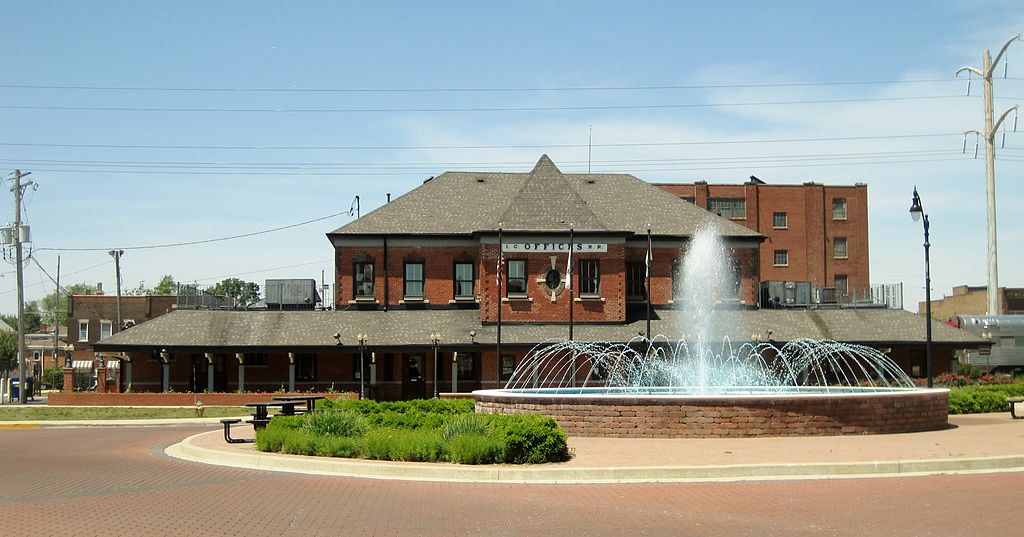Can Acupressure help with Anxiety?

Rachna Mehta, PT, DPT, CIMT, OCS, PRPC, RTY 200 is the author and instructor of the Acupressure for Optimal Pelvic Health course. Rachna brings a wealth of experience to her physical therapy practice and has a personal interest in various eastern holistic healing traditions.
A Holistic Self-Regulation practice
A patient smiled at me as I gathered her history at the clinic, and declared in a resounding voice:
“I am a Type A personality honey! I have never been able to relax so good luck trying to relax me !!!”
As we went over her history and medical review, the word “anxiety” popped up several times within fifty-plus years of mental and physical abuse, PTSD, insomnia, and chronic stress. She is a retired nurse now in her late 70s presenting with urinary incontinence. She knew all her medications with the exact doses memorized yet she couldn’t remember the last time she had slept through the night. Chronic anxiety pervaded every aspect of her life, and she didn’t know how to relax her mind, much less relax her bladder or pelvic floor muscles. Every time she got anxious, she clenched every part of her body.
Over the years I have seen so many of these patients in my clinical practice and besides the medications, most of them were looking and trying holistic treatment options. Some of my patients were also doing Acupuncture and Yoga and the question that always came back to me was what they could do themselves to get better. These patients sparked my interest in holistic Complementary & Alternative Medicine (CAM) therapies. I knew that teaching them self-regulation skills would be the key to addressing their musculoskeletal impairments successfully.
In addition to teaching her a home program that included pelvic girdle stretches, pelvic floor relaxation, bladder training, and behavioral modifications, I also taught her two key Acupressure points Central Vessel 17 ( CV 17 ) and Yintang (EX-HN 3) for breathing, calming and self-regulation. CV17 is located at the center of the chest while Yintang (EX-HN 3) is located between the eyebrows and is known to have a mentally stabilizing effect in Traditional Chinese Medicine (TCM). Within a few minutes of applying gentle Acupressure to these points, the patient felt calmer and more relaxed. Over the course of her program, we continued to address musculoskeletal impairments, fascial restrictions, and also started strengthening her pelvic floor muscles.
Along with this standard program, the patient was also taught a self-regulation Acupressure home program on how to relax her mind and body using potent Acupressure points in the Kidney, Bladder, Stomach, Spleen, Heart, and Pericardium meridians. The Bladder meridian with 67 Acupoints is the longest meridian in the human body and of these, there are 16 Acupoints located on the sacrum that are the key to addressing both bowel and bladder dysfunctions. 6 visits later this patient improved from using 3 pads per day to no pads, she had minimal symptoms of incontinence with good mind-body-bladder control, and she came to rely on these self-Acupressure points to tackle daily stressors to be in a calmer state of mind.
Acupressure is a type of Acupuncture in East Asian traditional medicine or integrative medicine that involves the application of pressure to specific points (i.e., Acupoints) or specific areas of the body using one’s hands or other Acupressure devices (Kwon et al). Acupressure has been used in Traditional Chinese Medicine for over 3000 years and is based on Meridian theory.
Emerging research shows that these Acupoints are embedded in a three-dimensional fascial network throughout the body and have a high electrical conductivity on the surface of the skin. Histological studies show a high density of A and C afferent fibers at these points. Through a vast network of interstitial connective tissue, these Acupoints connect the peripheral nervous system to the central viscera.
Studies also show that Acupressure has also been used widely to alleviate symptoms of anxiety like anxiety tics. One of the key applications of Acupressure has been the use of Acupoints in Emotional Freedom Techniques (EFT). EFT is an “evidence-based” therapeutic method. It combines elements of cognitive and exposure therapy with Acupressure. It is popularly termed “tapping” because its distinguishing feature is the stimulation of acupuncture points using fingertip percussion. EFT tapping itself has been used in Chinese medicine, Japanese massage, qigong, and yoga for thousands of years (Church et al).
EFT has also been shown to be effective in addressing emotional challenges such as Anxiety, depression, burnout, stress management, and fears. The basic principle of EFT is to send activating and deactivating signals to the brain by stimulating points on the skin that have distinctive electrical properties, usually by tapping on them. These points correspond with the Acupressure points that in Traditional Chinese Medicine are believed to regulate the flow of the body's energies4.
Acupressure uses the same points as Acupuncture and is a non-invasive, low-cost, and efficient CAM therapy to alleviate Anxiety and pain. Acupressure involves the application of pressure to points located along the energy meridians of the body. These Acupoints are thought to exert certain psychologic, neurologic, and immunologic effects to balance optimum physiologic and psychologic functions (Monson et al). Acupressure can also be used for treating a variety of pelvic health conditions including Chronic Pelvic Pain, Dysmenorrhea, Constipation, digestive disturbances, and urinary dysfunctions to name a few.
As healthcare providers, we can incorporate holistic self-regulation tools into our clinical practice to improve the efficacy of our rehabilitation interventions. We can empower our patients by giving them the tools and self-care regimens to live healthier anxiety-free lives.
The course Acupressure for Optimal Pelvic Health is curated and taught by Rachna Mehta. It explores Acupressure and Yin Yoga as powerful integrative practices and offers unique evidence-based self-regulation tools in the realm of energy medicine. To learn how to integrate Acupressure into your practice, join the next scheduled remote course on February 3-4, 2024.
References:
- Kwon CY, Yeh CH. Use of Information and Communication Technologies to Enhance Self-Acupressure: a Literature Review. J Acupunct Meridian Stud. 2022;15(4):214-226. doi:10.51507/j.jams.2022.15.4.214
- Mehta P, Dhapte V, Kadam S, Dhapte V. Contemporary acupressure therapy: adroit cure for painless recovery of therapeutic ailments. J Tradit Complement Med 2016;7:251-63. https://doi.org/10.1016/j.jtcme.2016.06.004.
- Kwon CY, Lee B. Acupuncture or Acupressure on Yintang (EX-HN 3) for Anxiety: A Preliminary Review. Med Acupunct. 2018;30(2):73-79. doi:10.1089/acu.2017.1268
- Church D, Stapleton P, Vasudevan A, O'Keefe T. Clinical EFT as an evidence-based practice for the treatment of psychological and physiological conditions: A systematic review. Front Psychol. 2022;13:951451. Published 2022 Nov 10. doi:10.3389/fpsyg.2022.951451
- Monson E, Arney D, Benham B, et al. Beyond Pills: Acupressure Impact on Self-Rated Pain and Anxiety Scores. J Altern Complement Med. 2019;25(5):517-521. doi:10.1089/acm.2018.0422
- Chen SR, Hou WH, Lai JN, Kwong JSW, Lin PC. Effects of Acupressure on Anxiety: A Systematic Review and Meta-Analysis. J Integr Complement Med. 2022;28(1):25-35. doi:10.1089/jicm.2020.0256
By accepting you will be accessing a service provided by a third-party external to https://hermanwallace.com/









